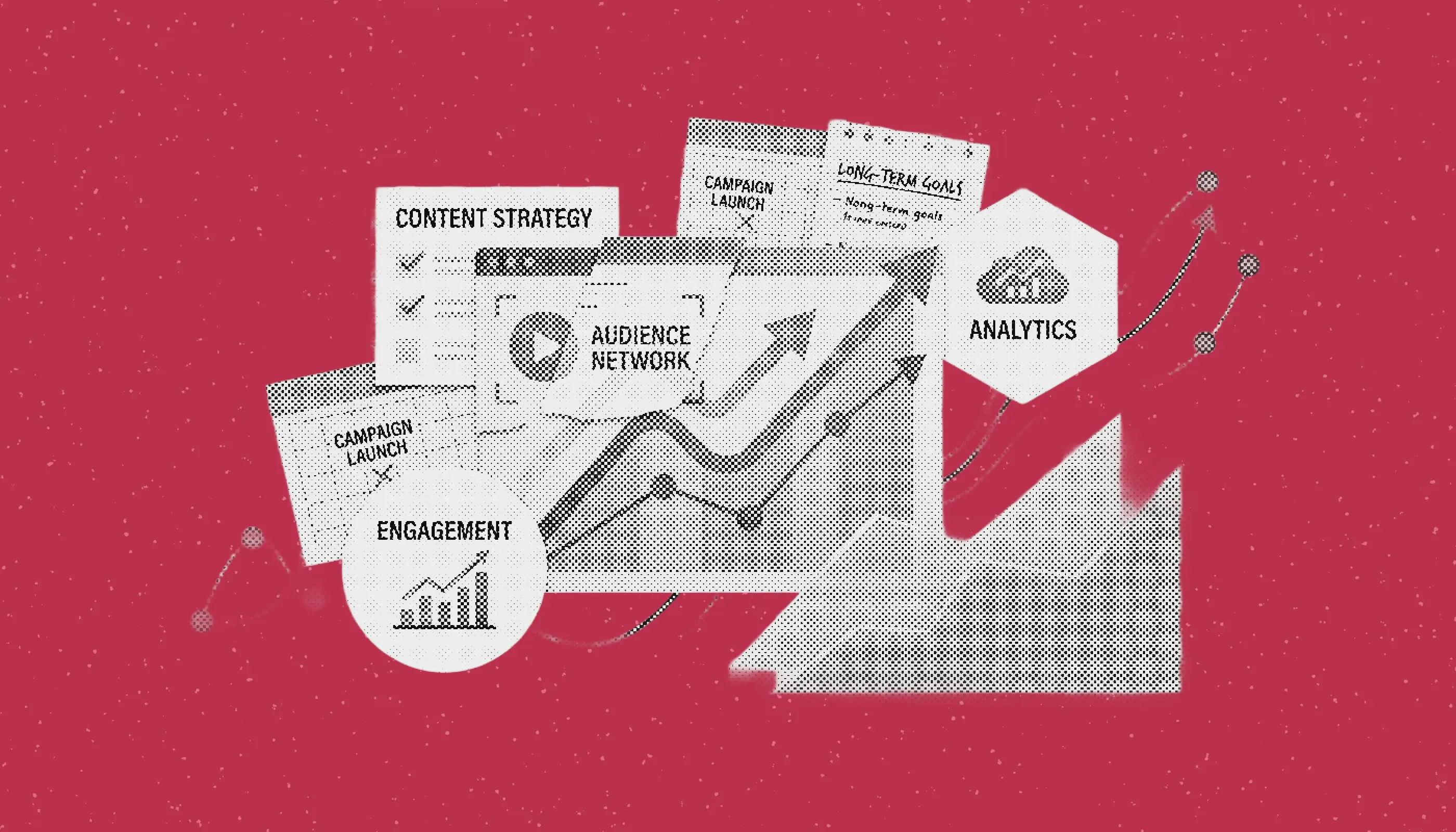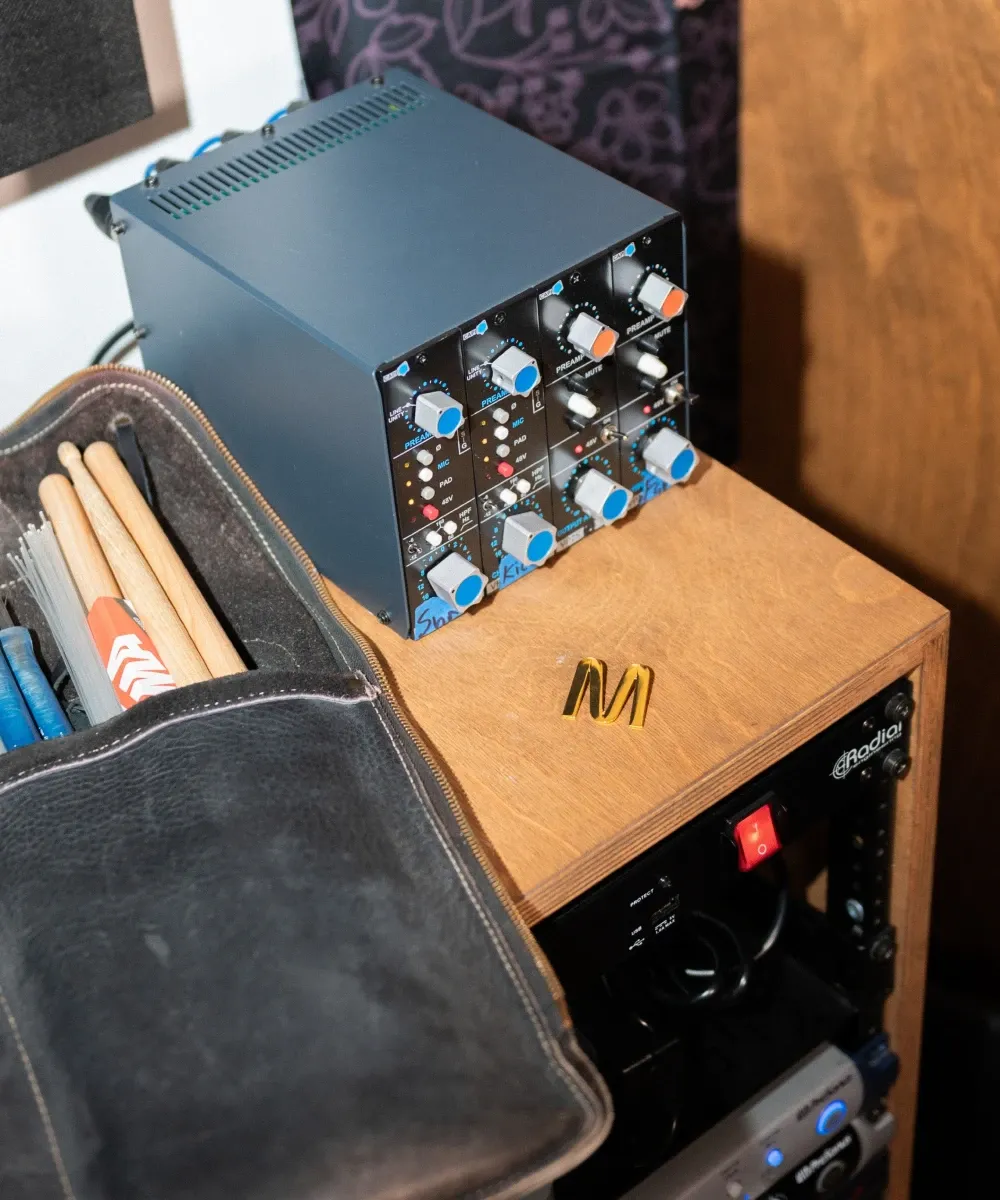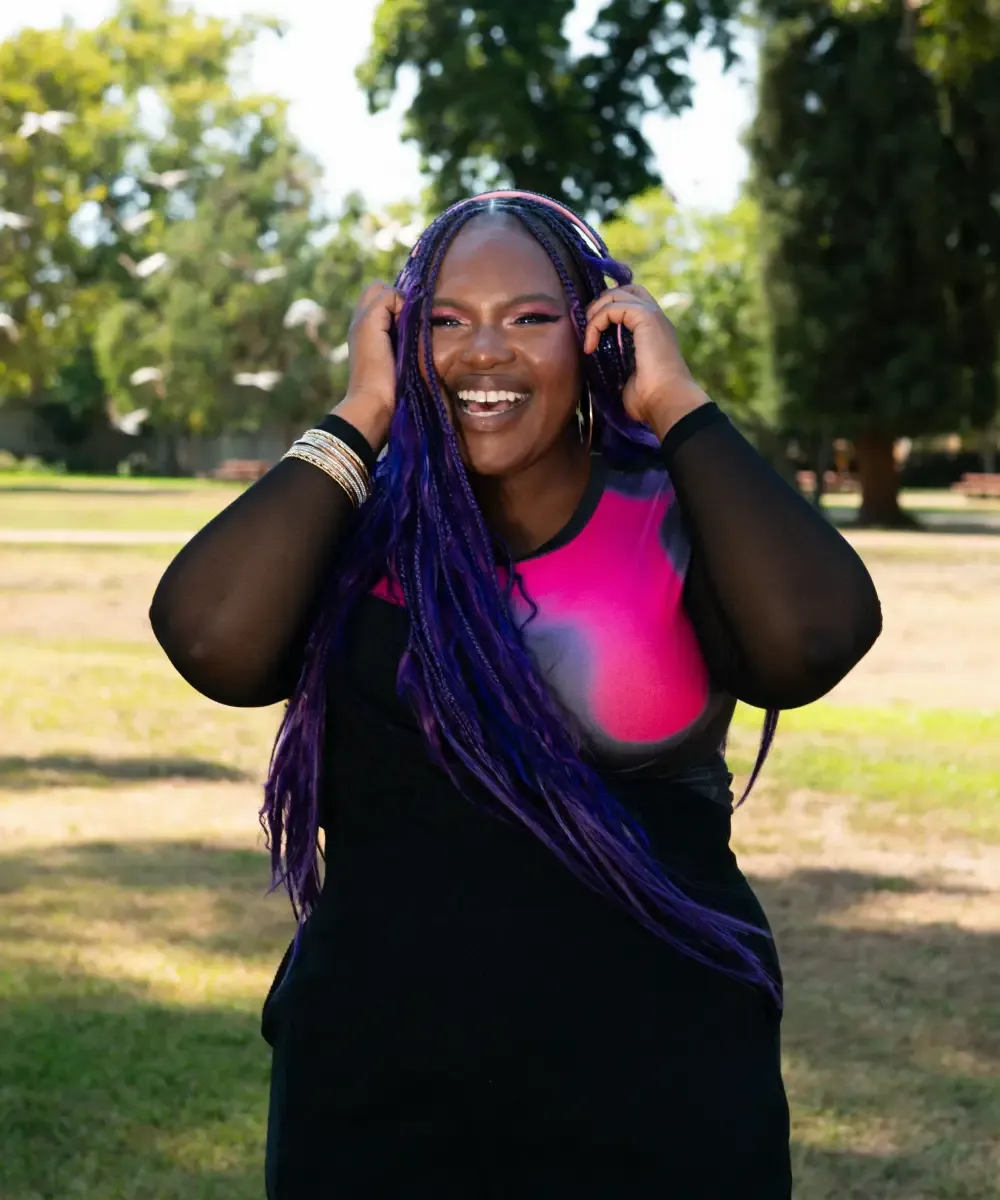
Mastering Music Marketing: Strategies for Building a Loyal Audience and Driving Organic Growth
Discover actionable music marketing tips from industry experts. Learn how to identify your audience, engage authentically, and balance organic content with paid promotion to build a loyal fanbase and drive growth.
Introduction
Creating an impactful music marketing strategy is essential for gaining organic traction and building a loyal audience. In this guide, we’ll dive into key strategies and insights from a marketing session led by David Gerhart, our awesome Chief Marketing Officer at Musiversal.
Understanding Your Audience
Identifying who your music resonates with is the first step in building a loyal fanbase. If you are a music producer, think about the type of listeners or artists your work appeals to. If you are a musician, consider who your music speaks to most. Tools like Spotify for Artists and social media analytics provide valuable insights into your listeners' demographics, such as age, location, and musical preferences. Use this data to tailor your strategy to better meet their needs. For example, if your analysis shows a significant fanbase in a particular city, you might plan content, releases, or even live shows that cater specifically to that audience.
But understanding your audience goes beyond data—it’s also about building genuine connections and engaging authentically. Authenticity plays a key role in this. Sharing stories, behind-the-scenes footage, or personal experiences helps deepen the relationship between you and your listeners. Billie Eilish is a great example of an artist who does this well. By sharing candid, unfiltered moments from her life, she makes her fans feel personally connected to her music.
Content Creation Techniques
Short-Form Videos
Short-form videos have become a powerful tool for social media marketing for artists, particularly for musicians looking to expand their reach and connect with new audiences. Whether it's a TikTok clip, Instagram Reel, or YouTube Short, these formats have revolutionized the way music is discovered, offering artists the opportunity to go viral overnight.

To succeed in short-form video promotion, it's essential to follow a framework that captures attention and drives engagement. This Three-Step Video Framework—Hook, Body, Call to Action (CTA)—is a great way to keep viewers engaged.
- Hook: Capture attention within the first 3 seconds. An intriguing question or statement like “Ever wondered what it would sound like if Calvin Harris and Kate Bush made a song together?” is a great way to spark curiosity.
- Body: Deliver engaging content that follows through on the promise of your hook. Showcase elements of your music that resonate with your audience and fulfill the intrigue created with the hook.
- Call to Action (CTA): Direct viewers to take a specific action, like streaming a song or following your social media channels.
For example, Sophie Hollohan ’s viral TikTok video exemplifies this framework perfectly. She asked viewers to guess the similarity between three different song snippets, and then revealed that they were all by her and were actually the same song. This interactive approach captured attention and drove high levels of engagement.
For more on short-form videos and how to apply the Three-Step Video framework effectively, check out our short-form video strategies blog article.
Organic vs. Paid Promotion
Balancing organic and paid promotion strategies is key to maximizing your reach and building a loyal audience. Organic content builds trust and showcases authenticity, while paid promotions can help expand your visibility to new listeners. Together, they form a comprehensive strategy that strengthens your music marketing efforts.
Think of it as having both a magnetic presence and a megaphone. Organic promotion is your magnetic presence—it draws people in through genuine interactions, compelling stories, and relatable content. By consistently engaging with your audience and delivering authentic content, you create a lasting connection that builds trust. Paid promotion, on the other hand, acts as a megaphone, amplifying your reach beyond your organic circle. By using data-driven insights, you can refine your paid campaigns to ensure they’re reaching the right audience. For example, platforms like Facebook, Instagram, and TikTok allow for specific demographic targeting, helping you get the most out of your ad spend. This way, you can ensure that your marketing budget is effectively reaching listeners who are likely to resonate with your music.
One of the keys to a successful strategy is continuously testing and adapting. Experiment with different content types, platforms, and campaign approaches to discover what resonates most with your audience. By leveraging analytics tools like Spotify for Artists, you can measure the effectiveness of your campaigns and adjust accordingly. Even top artists, like Taylor Swift, have had to evolve their marketing strategies over time by listening to their audience and adjusting their approach to meet changing preferences.
Leveraging Social Media
Social media platforms have become essential for musicians seeking to expand their reach and engage with a broader audience. By utilizing platforms like TikTok and Instagram, you can take advantage of the viral potential of short-form content and build a dedicated fanbase.
Short-Form Videos: Social media platforms have become essential for musicians seeking to expand their reach and engage with a broader audience. By utilizing platforms like TikTok and Instagram, you can take advantage of the viral potential of short-form content and build a dedicated fanbase. Lil Nas X is a prime example of how TikTok can transform a music career—his viral success with"Old Town Road"led to a massive breakout in the industry.
Use Relatable Comparisons: Drawing comparisons between your music and well-known artists can be a powerful tool to attract new listeners. For instance, saying something like, “If you enjoy Ellie Goulding and Lana Del Rey, you’ll love this” gives potential fans an immediate frame of reference and sparks their curiosity. This approach helps listeners quickly connect with your music by framing it in a context they already appreciate.
By consistently utilizing social media platforms and incorporating these techniques, you can expand your audience, boost engagement, and drive organic growth for your music.
Effective Ad Campaigns
Running effective ad campaigns can be a game-changer for your music marketing strategy. Ads that feel genuine resonate better with your audience, so it's important to approach them with authenticity and creativity to avoid wasting money on ineffective promotions.
Create Organic-Looking Ads: Ads should feel natural and authentic. Overly polished content can sometimes come across as less genuine, especially in a time when AI can create almost anything. Aim for ads that mirror the casual, authentic tone of your organic content. This helps maintain trust while still expanding your reach through targeted paid promotions.
Targeted Advertising: Use data-driven targeting to ensure your ads reach the right audience. Platforms like Facebook, Instagram, and TikTok offer advanced targeting features, allowing you to focus on specific demographics and interests. By focusing on the strongest, most relevant platforms, you ensure your marketing budget is used effectively to reach the audience that best aligns with your music.
Continuous Learning
To stay ahead in the ever-evolving music industry, it’s important to continuously learn and adapt your marketing strategies based on the latest trends and feedback from your audience.
Analyze Trends: Staying updated on social media trends can significantly boost your visibility. Participating in viral challenges or using popular hashtags keeps your content relevant and top-of-mind for potential new fans. Tools like Viberate offer valuable insights into which types of content are performing best.
Engage with Feedback: Engaging with your audience’s feedback is an essential part of improving both your content and your marketing tactics. Take the time to respond to comments, answer messages, and address reviews. Fans appreciate it when artists interact with them directly, and this engagement helps build a stronger sense of community around your music. By listening to your audience, you gain valuable insights into what resonates most with them, which can help you refine your future strategies.
Conclusion
Implementing these strategies can help musicians attract a wider audience and increase engagement organically. Consistency, authenticity, and a willingness to experiment are key to successful music marketing. By understanding your audience, creating engaging content, and balancing organic and paid promotions, you can build a loyal fanbase and elevate your music career.
Remember, your music is your product, and you are the brand—so embrace it and share it with the world. And you're not in this alone. Musiversal ’s team is here to help you at every stage - from composition to marketing strategy. Whether you need support recording your next track with world-class musicians or refining your marketing approach, Musiversal has the tools and expertise to elevate your music to the next level.
For more insights on navigating the music industry and growing your audience, check out the Musiversal Blog, where we dive deeper into actionable strategies for independent artists, as well as trending topics in Music Production, Music Theory, Music Gear, and Songwriting.
Elevate your Musiversal experience. Subscribe to our newsletter for exclusive session highlights and expert marketing and production tips. Join now!
Join The Musiverse: Your free space to connect, create, and compete.
Collaborate with global creators, level up in live workshops, and win exclusive prizes. Join the community today!

Your Music, No Limits.
Join the Waitlist